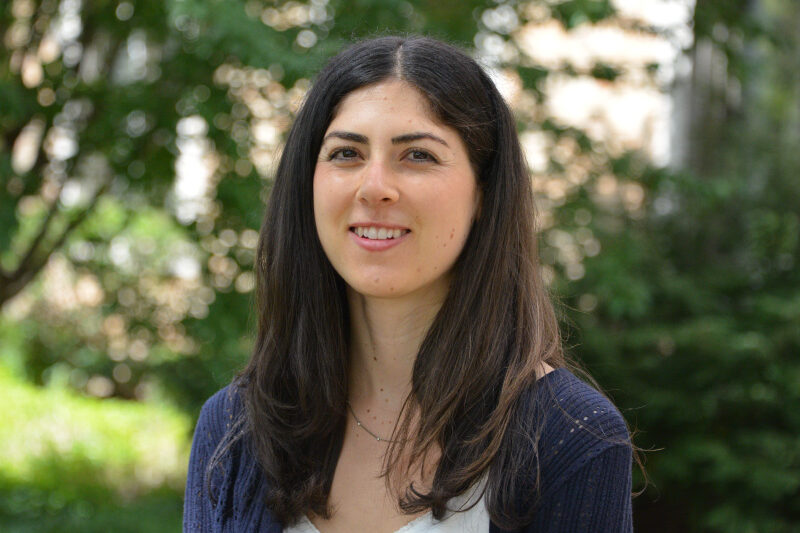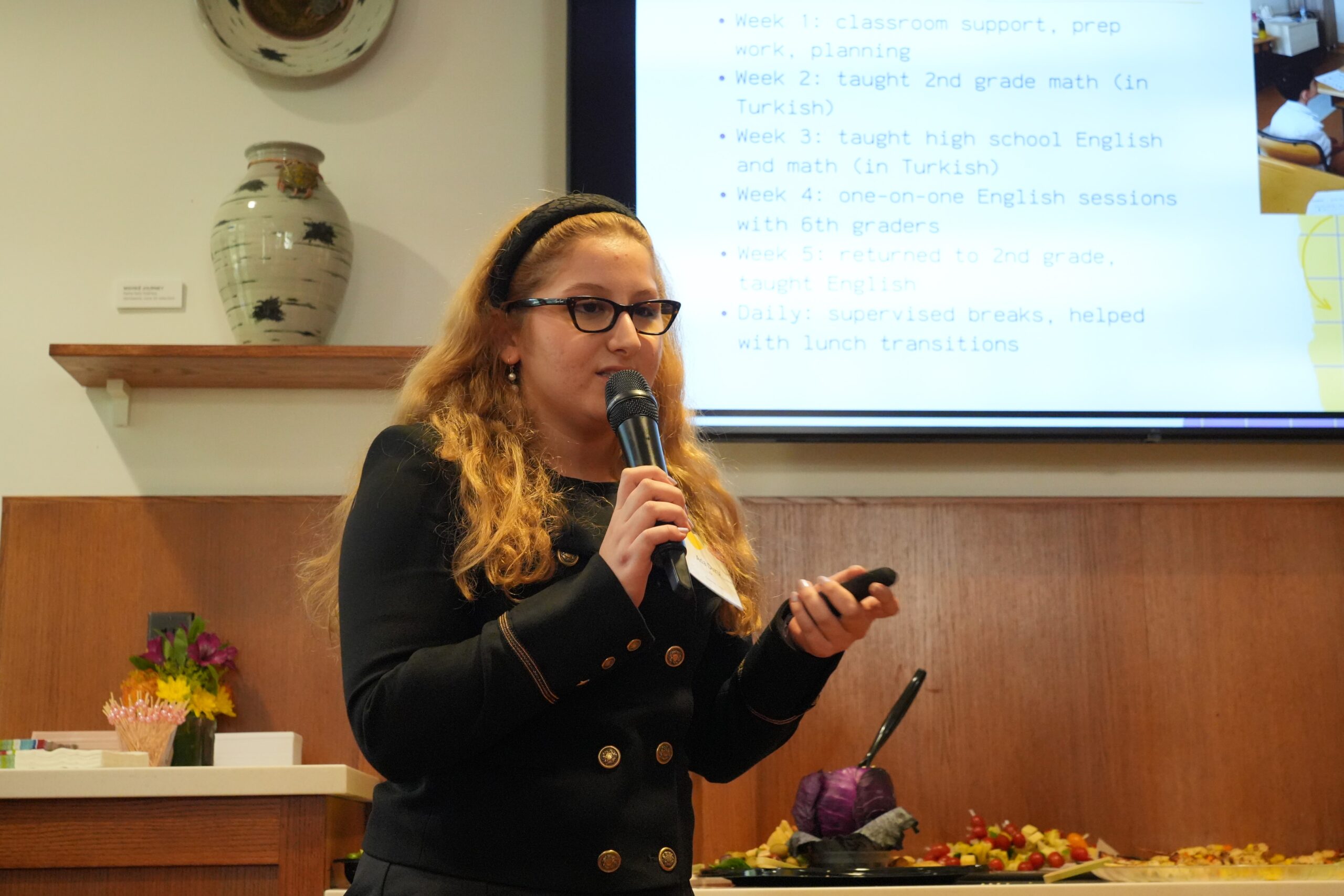Virtues & Vocations holds third Integrating Virtue Together workshop
April 22, 2024
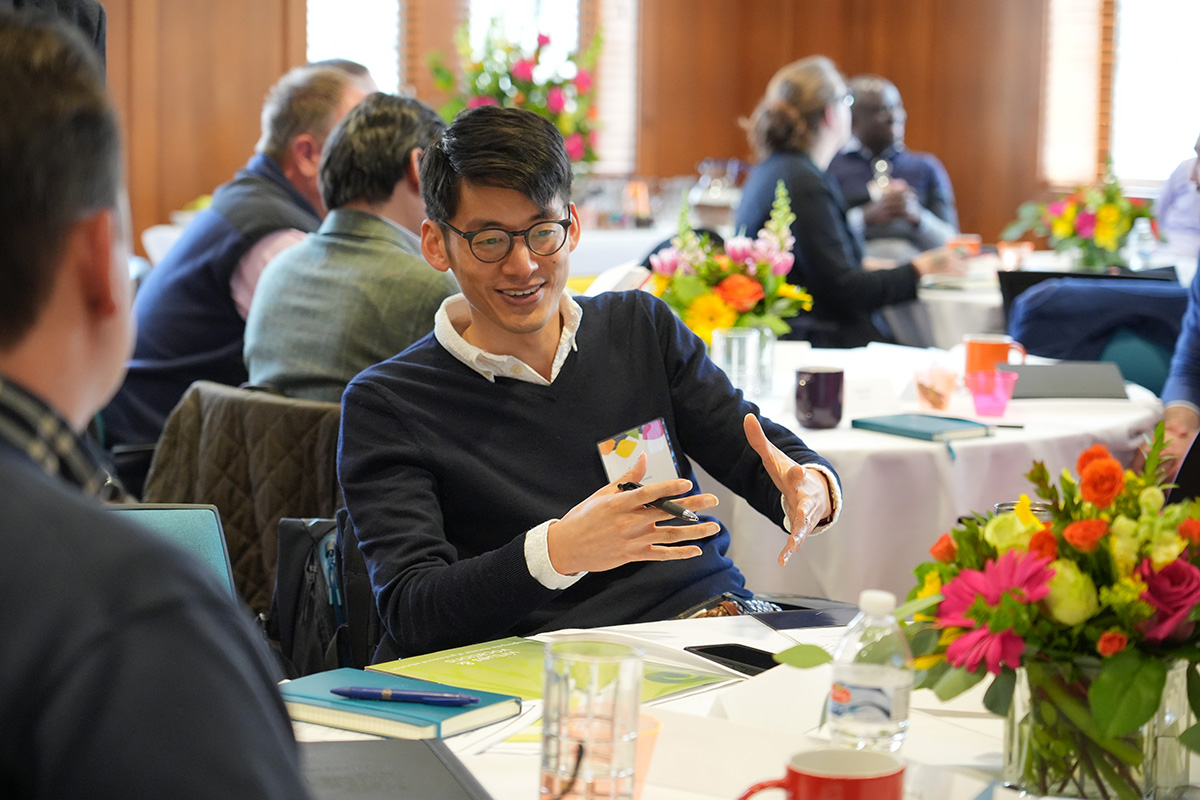
Compassion, courage, gratitude, honesty, humility, integrity, patience — these are some of the virtues universities hope to see in their students and graduates.
But what’s the most effective way to nurture that growth in the classroom?
Integrating Virtue Together, a workshop held March 21-23 at the Institute for Social Concerns, hosted more than 30 faculty members from throughout North America who are seeking to cultivate virtues through their courses.
All disciplines, from astrophysics to social work to zoology, have the potential to promote human flourishing. The proposition animating the workshop is that faculty can help students develop character in the context of any course. After all, higher education is not only about transmitting knowledge, but also about shaping people with moral purpose.
“We sometimes hear statements to the effect that higher education should foster lifelong learning or produce responsible citizens or educate the whole person. All of those things suggest that education is partly about personal formation,” said Jason Baehr, a professor of philosophy at Loyola Marymount University and the workshop’s keynote speaker. “I think the language of virtue, whether intellectual or civic or moral, is a helpful way of fleshing out the idea of educating the whole person or education as personal formation.”
Integrating Virtue Together was hosted by Virtues & Vocations, a national forum housed at the Institute for Social Concerns for scholars and practitioners across disciplines to consider how best to cultivate character in pre-professional and professional education.
The faculty members at the workshop represented fields within business, engineering, the sciences, and the humanities. They worked on building two to three virtues into a course syllabus, integrating experiences, reflections, and frameworks that use the material of the particular discipline as a way to build and practice character.
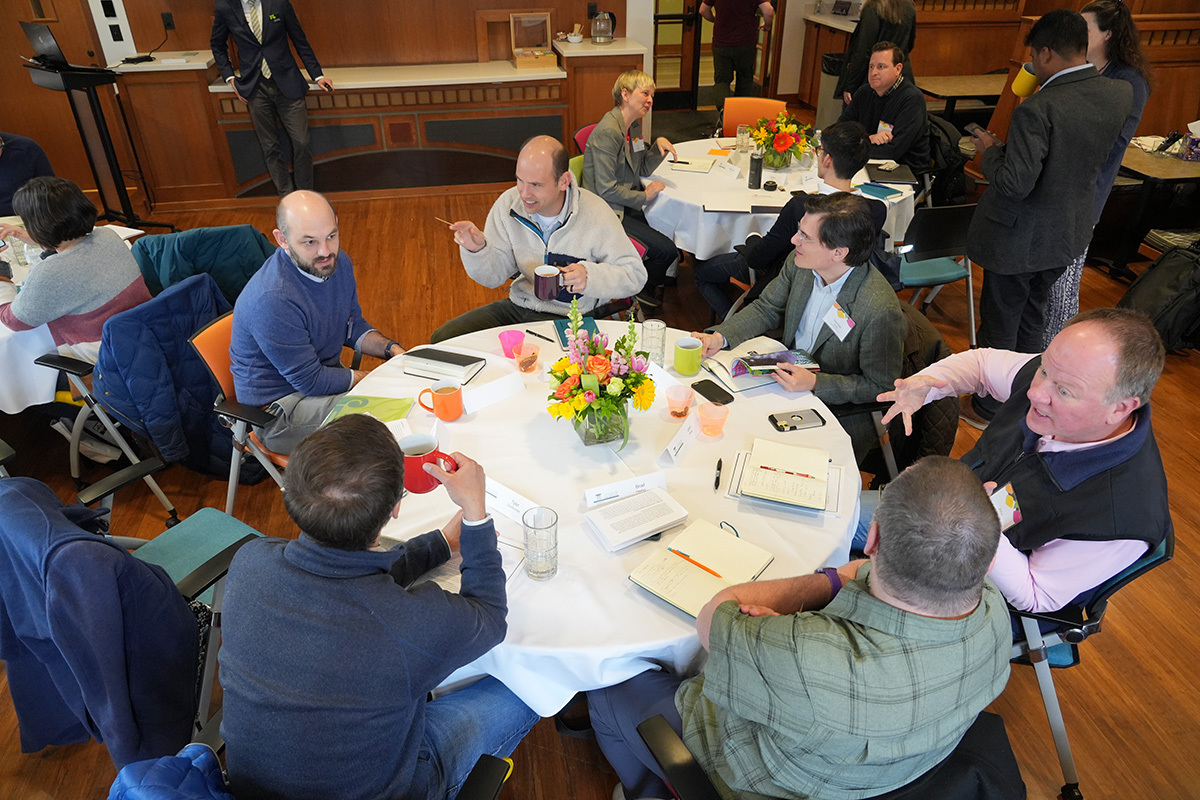
Participants received hands-on feedback and guidance at the workshop and will follow up with monthly Zoom meetings along with one-on-one support and coaching.
Katherine Jo, the Director of Program Development and Design for The Purpose Project at Duke, presented at the workshop. She said the key question is how faculty can create a classroom culture that motivates the cultivation of character and forms students in ways that help them flourish.
“Students are often more focused on getting good grades and other external markers of achievement,” Jo said. “Students need to be able to encounter the virtues in the classroom experience itself and learn in the classroom how to live according to those virtues. They need to see the virtues prioritized and embodied by the professors, and practice them with other students.”
Wendy Kline, the Dema G. Seelye Chair in the History of Medicine and director of the Medical Humanities Program at Purdue University, noticed that her participation in the workshop had an immediate impact on her teaching.
“While teaching my graduate seminar on gender and research the week after the workshop, I found that the very nature of how I spoke and the message I conveyed to my graduate students had changed as a result of the workshop,” Kline said. “I focused more on encouraging them to write from the heart, to do research that means something to themselves, and to not be afraid of taking risks. It was one of the best two-hour seminars I’ve ever had and several of my students have reached out since then to express their gratitude.”
This was Virtues & Vocations’ third Integrating Virtue Together workshop. Past participants have led initiatives like the Project on the Good Surgeon at Duke University School of Medicine and created courses such as Introduction to Design Thinking in Notre Dame’s Department of Aerospace and Mechanical Engineering. Taught by Associate Teaching Professor Craig Goehler, the course on design thinking is oriented around fostering virtues such as intellectual curiosity and perseverance.
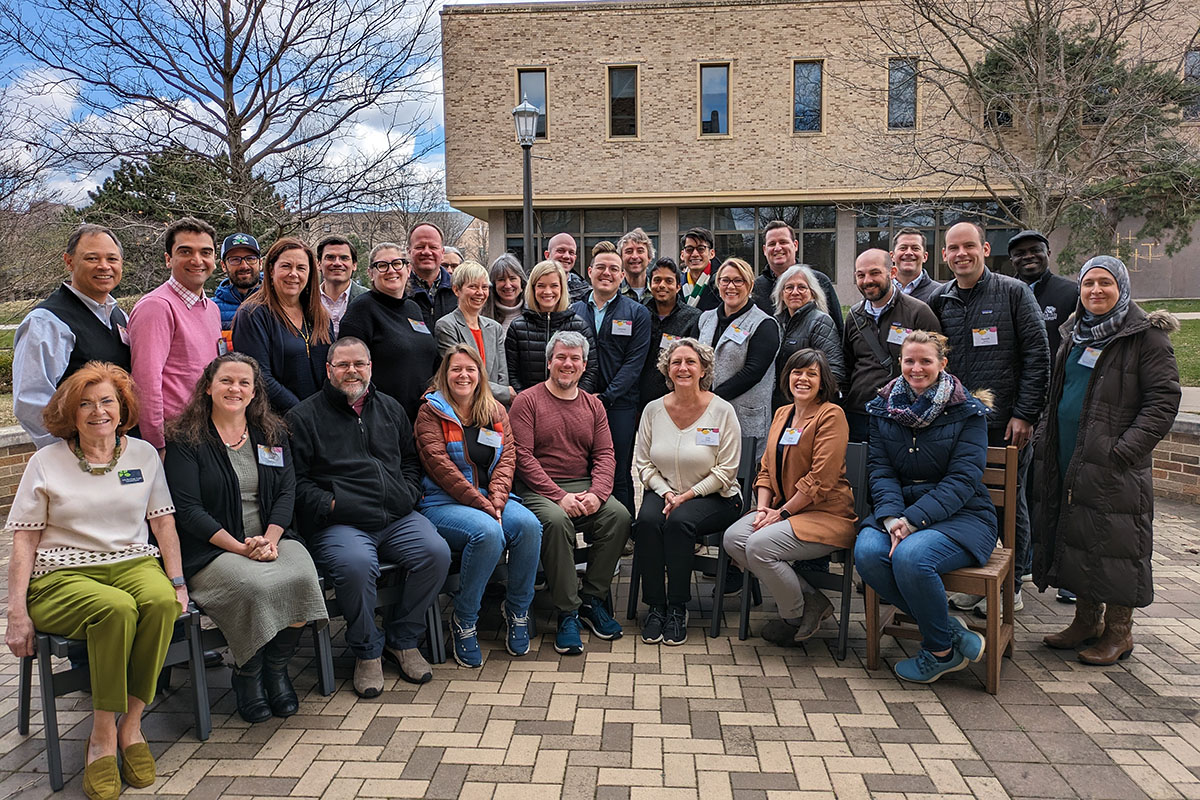
Three Notre Dame faculty members who are past workshop participants — Goehler as well as John Sikorski in the Mendoza College of Business and Forrest Spence in the Department of Economics — shared their experiences integrating virtue with this third cohort.
Virtues & Vocations has also provided a framework for a working group that is integrating virtue into Notre Dame’s engineering curriculum. Led by Megan Levis, a faculty member at the Institute for Social Concerns with a joint appointment in the College of Engineering, the group is creating a set of resources that engineering faculty can use to teach their undergraduate students how to build the virtuous habits necessary to become engineers who are a force for good in the world.
Virtues & Vocations hosts a monthly webinar and publishes a biannual print magazine. The forum’s annual conference, “Higher Education & Human Flourishing,” is scheduled for June 3-5 at Notre Dame. Keynote speakers include New York Times columnist David Brooks, Washington University law and religion professor John Inazu, and Harvard professor of political philosophy Michael Sandel.
The fourth Integrating Virtue Together workshop will be held in March 2025.
Learn more about Virtues & Vocations.
Related Stories
-
ReSearching for the Common Good: Solbee Kang
-
Bridging worlds through art—Kyla Walker joins institute as international poetry justice fellow
-
The power of encounter—RISE Hometown prepares incoming students for learning in service of justice at Notre Dame
-
The beauty of everyday democracy—Institute convenes scholars, practitioners, Luke Bretherton for democracy conference
-
Catalyzing collaborations with South Bend citizens for the common good—Institute launches South Bend Citizens Collaboratory


